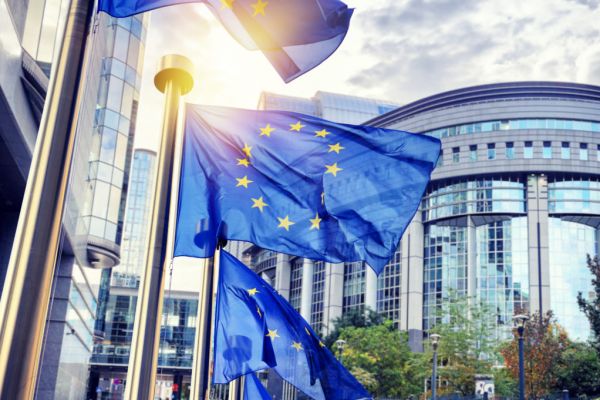European Union countries and lawmakers have agreed to rules that aim to prevent a supply chain crisis.
The rules will require European-based companies to prioritise the production of key products, to avoid a crisis such as that prompted by the Covid-19 pandemic and Russia’s invasion of Ukraine.
The European Commission proposed the Single Market Emergency Instrument last year. This follows similar policies established by the United States and Japan.
The move was also spurred by the row with AstraZeneca in 2021, over delays in the delivery of Covid-19 vaccines to all 27 EU member nations.
However, the deal reached in Brussels today watered down part of the EU executive’s proposal, following criticism from businesses.
European businesses had highlighted concerns that the requirements would force them to break commercial contracts and expose corporate secrets.
The EU had previously scrapped the provision from last year’s negotiations. It returned it for this version, but in a softer form.
‘Better Equipped’
The agreement also strengthened the role of EU countries within the Commission.
The new powers allow the Commission to issue so-called ‘priority-rated requests’ to buy critical goods or services from companies that have the option to accept them or not.
The Commission can offer companies liability waivers to prioritise its orders at the expense of the firms’ other contractual obligations.
The new rules allow EU countries to jointly procure crisis-relevant or critical goods and services.
The EU executive can request data from companies on the stock level of certain products, but companies can refuse, as long as they explain why.
“Today we made the internal market better equipped to face […] future crises,” said lawmaker Andreas Schwab, who led negotiations for the European Parliament.
The new legislation sets up a three-tier alert level. Vigilance or emergency mode will be activated when there is a threat that will prompt governments to coordinate their responses.
Read More: Freight Through Suez Canal Down 45% Since Houthi Attacks








